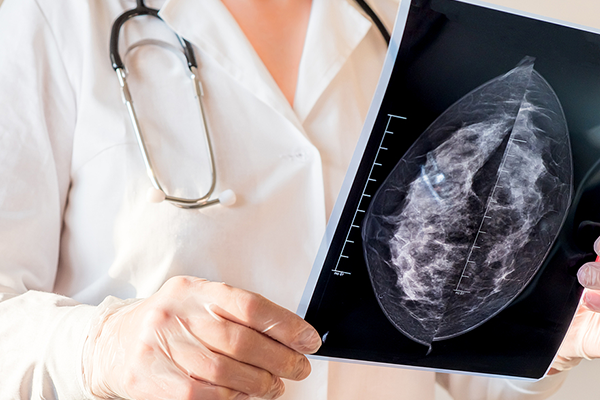While it brings much joy and excitement, being a healthy expecting mother requires a lot of work. Regular doctor visits, physical changes and preparing for the new person in your life take plenty of your attention. It’s no wonder simple tasks, such as dental care, are commonly forgotten during pregnancy, potentially causing infections or other painful conditions. Fortunately, most oral ailments you may encounter during pregnancy can be counteracted easily by being attentive and consulting your dentist.
“Having a healthy mouth is important to both the pregnant mother and the developing baby,” said Cynthia Hughes, a registered dental hygienist and dental hygiene faculty member with the College of Allied Health Sciences at Augusta University. “The pregnant patient is encouraged to see the dentist and/or dental hygienist regularly.”
The root causes of oral health problems
Whether it be a toothache or signs of gingivitis, many pregnant women experience oral health problems. These issues are typically related to dietary and habit changes that can be exacerbated by hormonal shifts.
Pregnancy gingivitis, a very common disease, is caused by plaque buildup, resulting in inflammation and bleeding gums. This, like tooth erosion and decay, may be linked to unhealthy eating habits brought on by cravings. Excess sugar and starch left in the mouth after eating cause bacteria to grow, leading to a higher acid content on your teeth and gums. Morning sickness can also contribute to a higher level of acidity in your mouth.
“If not treated, gingivitis results in gum disease, which is the loss of bone and tissues that support the teeth. In high numbers, the bacteria, which cause the gum disease, are related to preterm delivery and low-birthweight infants,” Hughes said.
A clean bill of health
- Practice good dental hygiene, like brushing at least twice a day and flossing daily.
- Try rinsing with mouthwash or baking soda water if you’ve experienced morning sickness.
- Inform your dentist of your stage of pregnancy. Your dentist will also be able to respond directly to your concerns, offer guidance and prescribe medication if needed for infections.
Just like taking prenatal vitamins or attending regular doctor visits, protecting yourself from periodontal disease and tooth decay is one important way you can prepare for your child’s birth.





